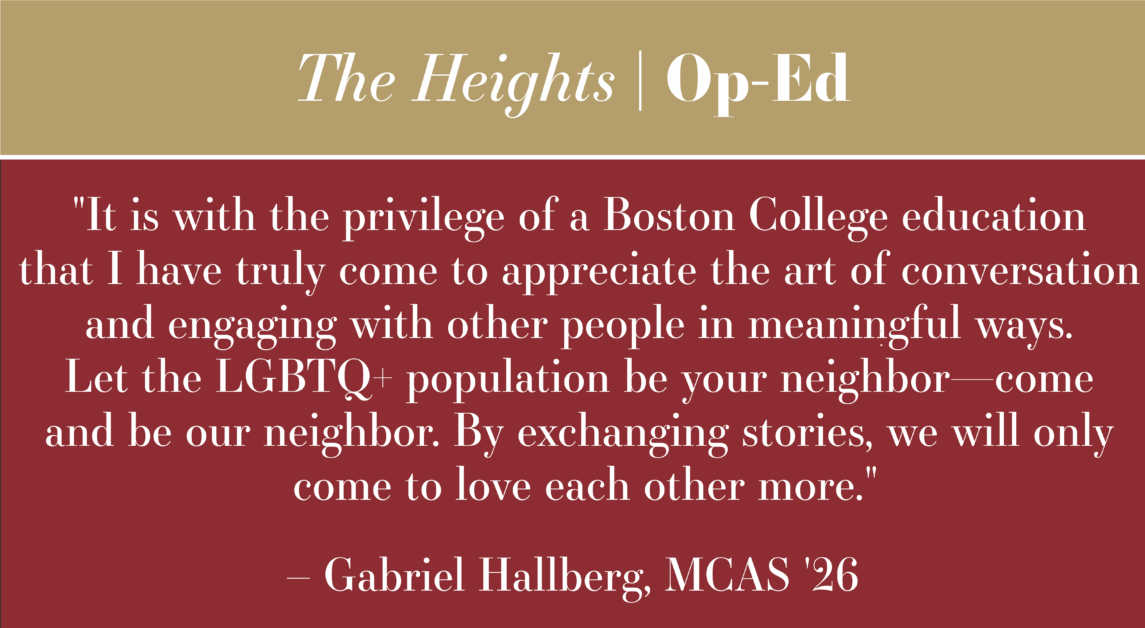Last week, Harvard University’s Vice Provost for Advances in Learning, Peter K. Bol, acknowledged granting clearance for cameras to be placed in classrooms in order to collect data regarding student attendance for a research project.
Researchers at the Harvard Initiative for Learning and Teaching set up the cameras in order to examine how many students attended lectures, as well as whether attendance dwindled throughout the semester. Fearing that informing the students of the monitoring would skew the data, they opted not to tell the students about the research.
Although administrators at Harvard said that the students were not tracked, that professors were not judged based on the data, and that the photographs were destroyed following data collection, the research project raises important questions about the nature of student privacy and research ethics.
Students enter classrooms with one objective—to learn. If their presence—or absence—in a classroom is to be recorded in any way unrelated to their personal educations, then they ought to be informed that such data is being collected. Prior to authorizing the project, Bol was given approval by Harvard’s Institutional Review Board (IRB), which assesses academic research, but this alone should not permit students to be made part of a study without consent.
One might argue that the increased integration of cameras into daily life makes their use not only nonthreatening, but par for the course. The issue at hand, however, reaches beyond the specific circumstances of one research project at Harvard. If informed consent is not needed in order for a student to be a research subject in one project, the lines regarding what can and cannot be done to collect data become significantly blurred.
In October, Stanford University and Dartmouth College also found themselves backtracking after they chose the Montana electorate as the subjects of a research project. Three political science professors at the two institutions sent a mailer with information about where candidates for the State’s Supreme Court stood on a political spectrum. It featured the state’s official seal despite having no affiliation with Montana’s government. According to a joint letter issued as an apology from the two institutions, the goal was to determine whether individuals given more information were more likely to vote.
Unlike the Harvard study, this project was not formally approved by Stanford’s IRB, and Dartmouth officials are still trying to determine whether the research has been properly reviewed. Regardless, the lack of approval from Stanford’s IRB is an egregious misstep on the part of the university’s researchers.
The confusion potentially created by the mailer was an unwarranted interruption in state politics. Even if one does not agree that photographing students in a classroom is similarly unethical, it is apparent that such a disruption of electoral politics not only flies in the face of research ethics, but is decidedly unwise.
To avoid future infringements, it would be wise for university researchers to consider whether the quality of data should supersede the right of an individual to consent to being a part of research. More often than not, the answer should most certainly be no.
Featured Image by Elise Amendola / AP Photo










